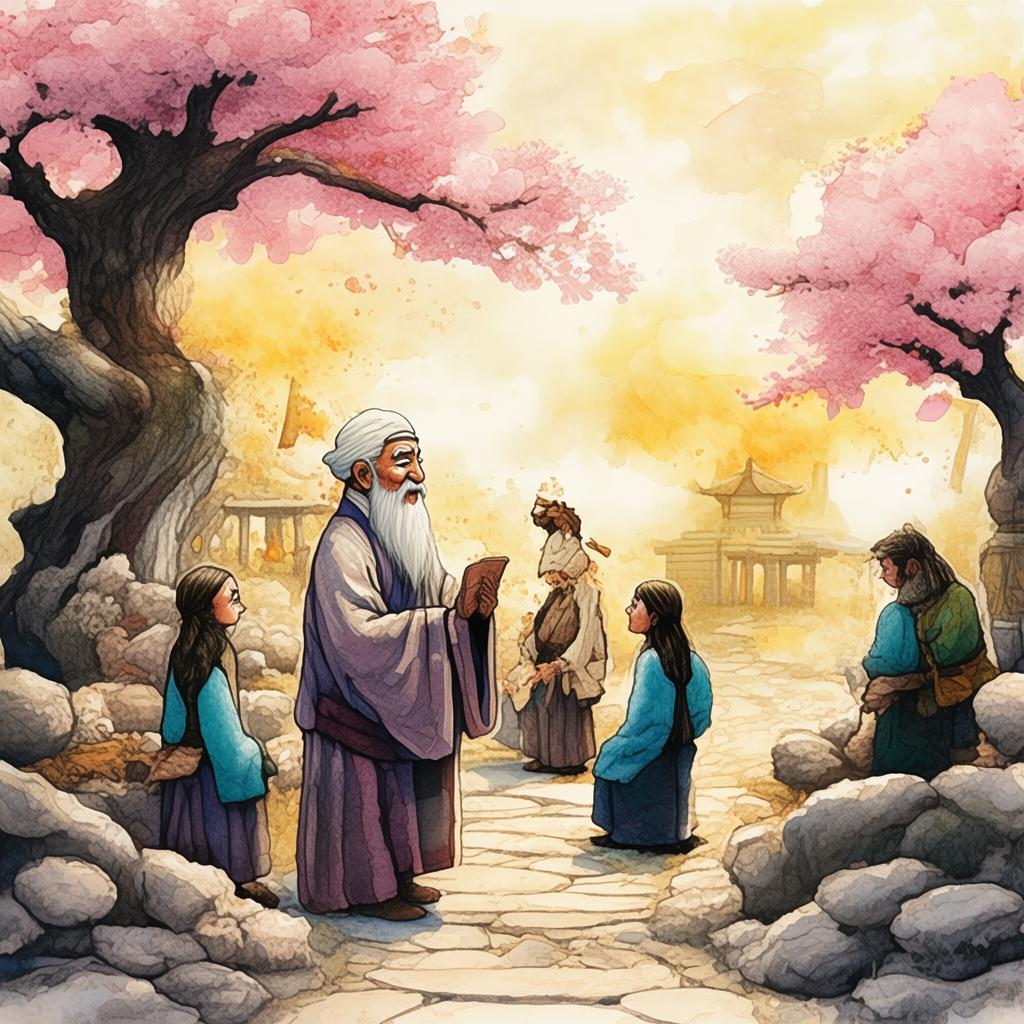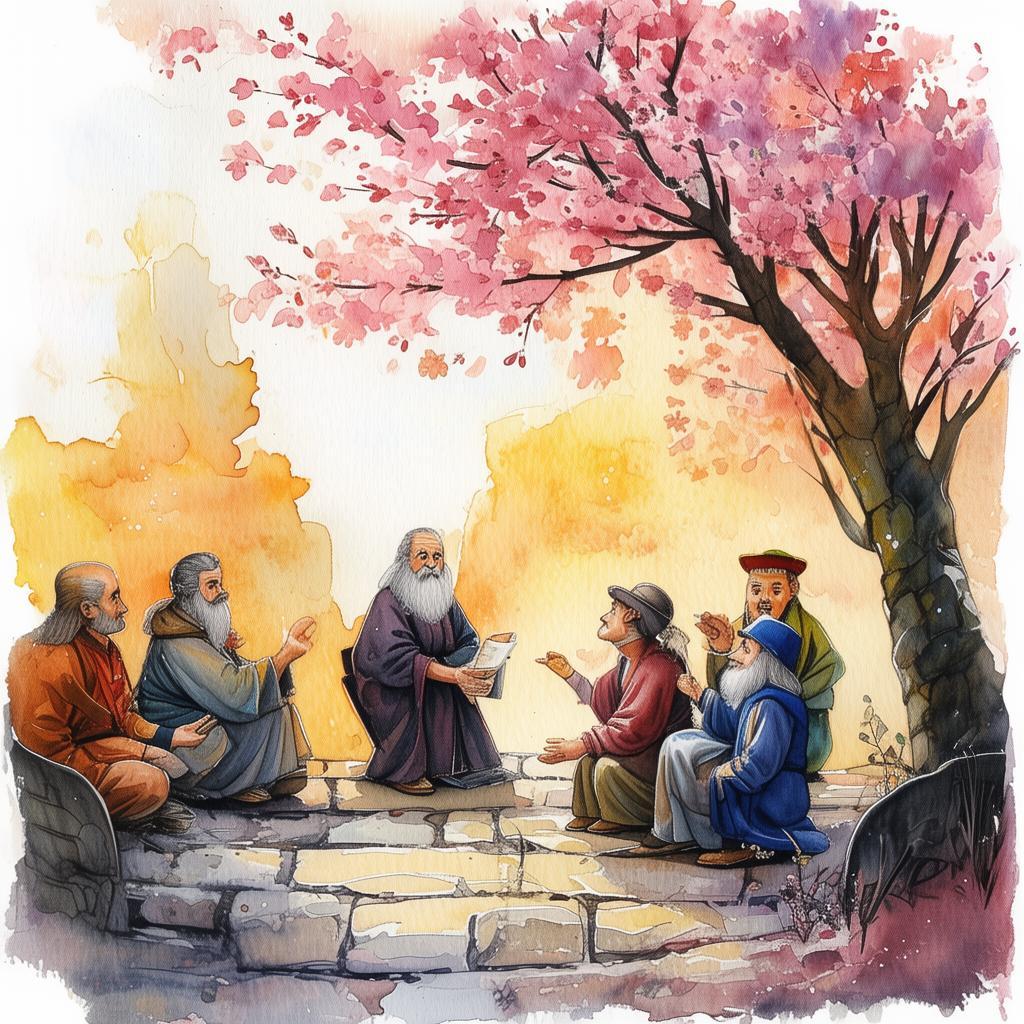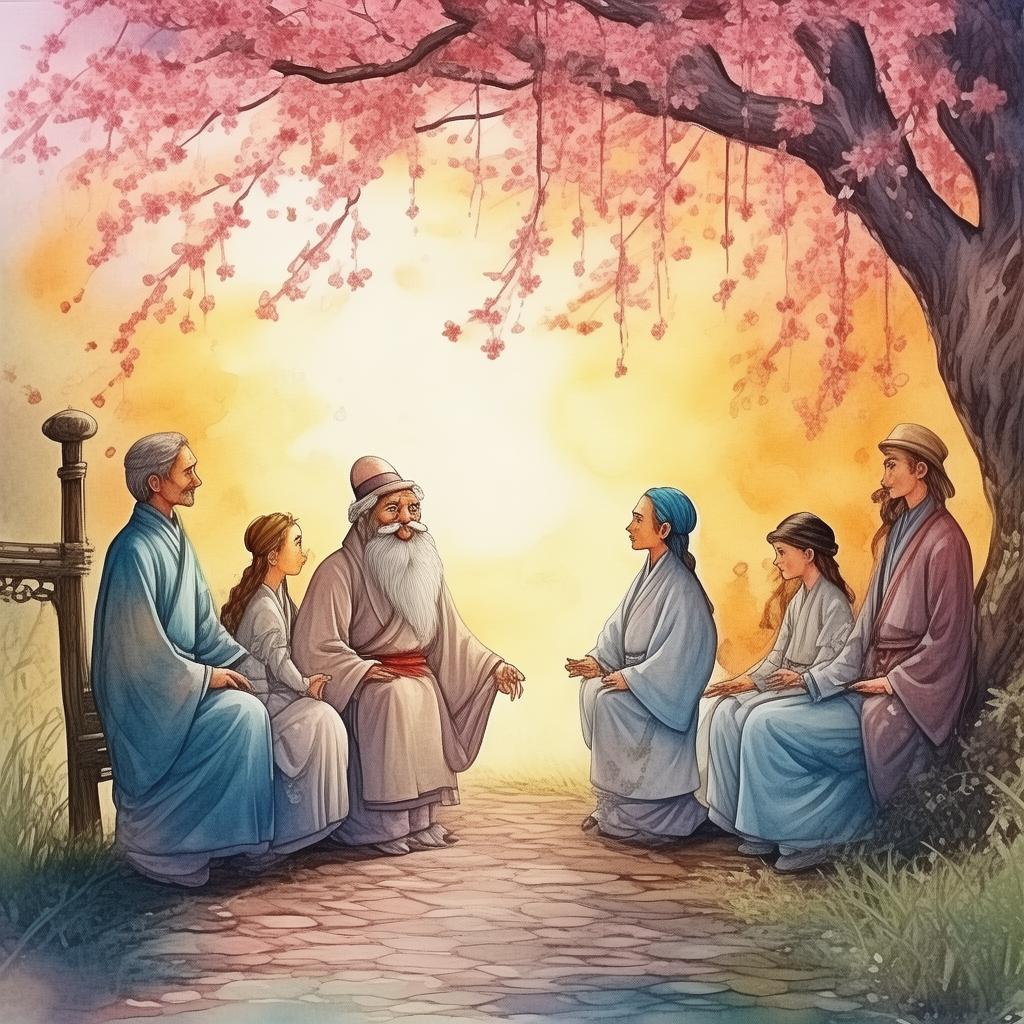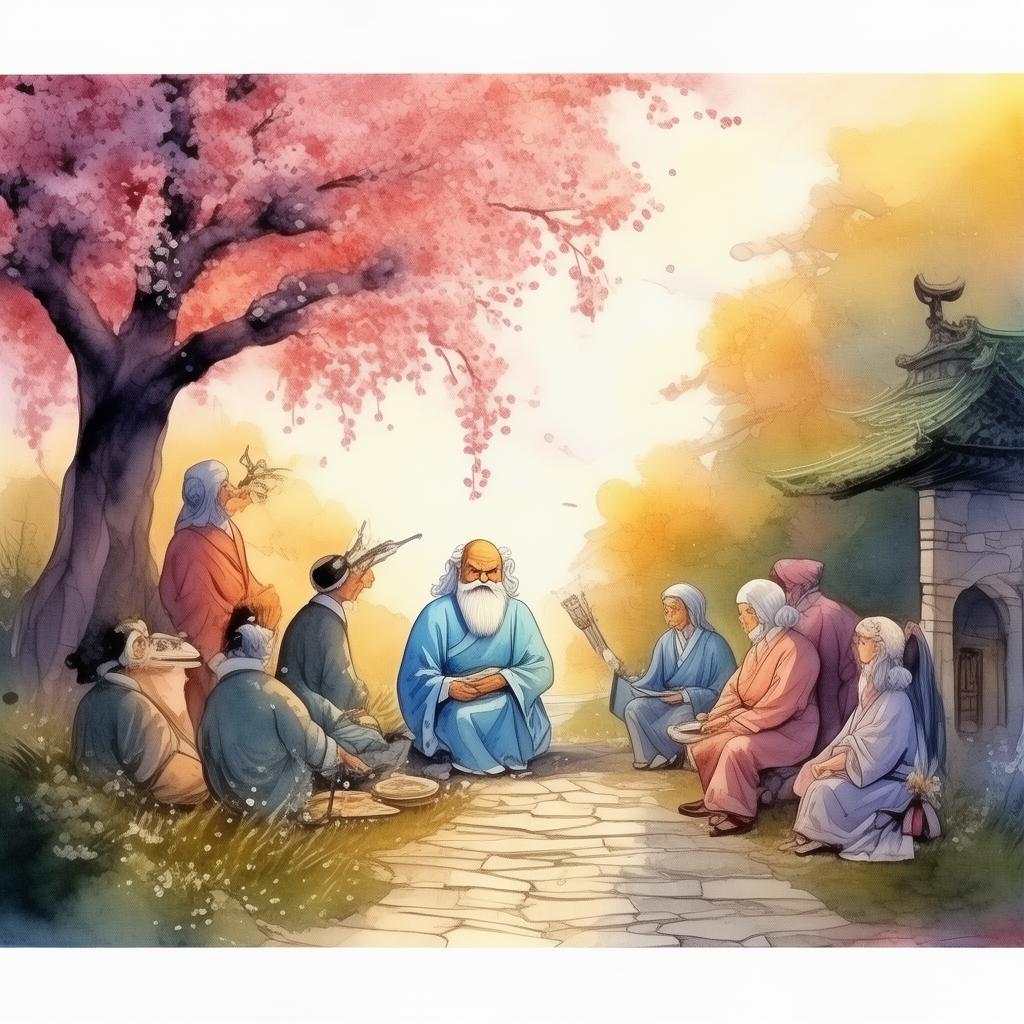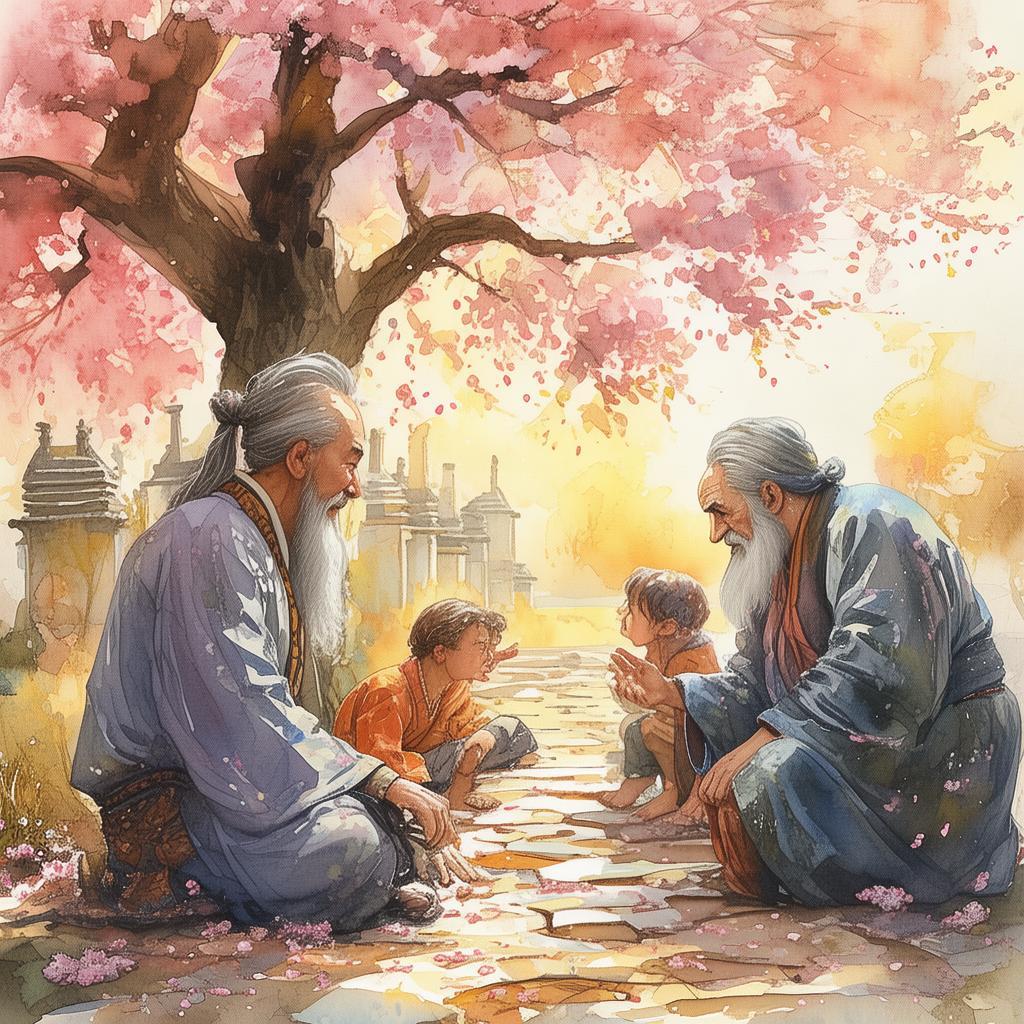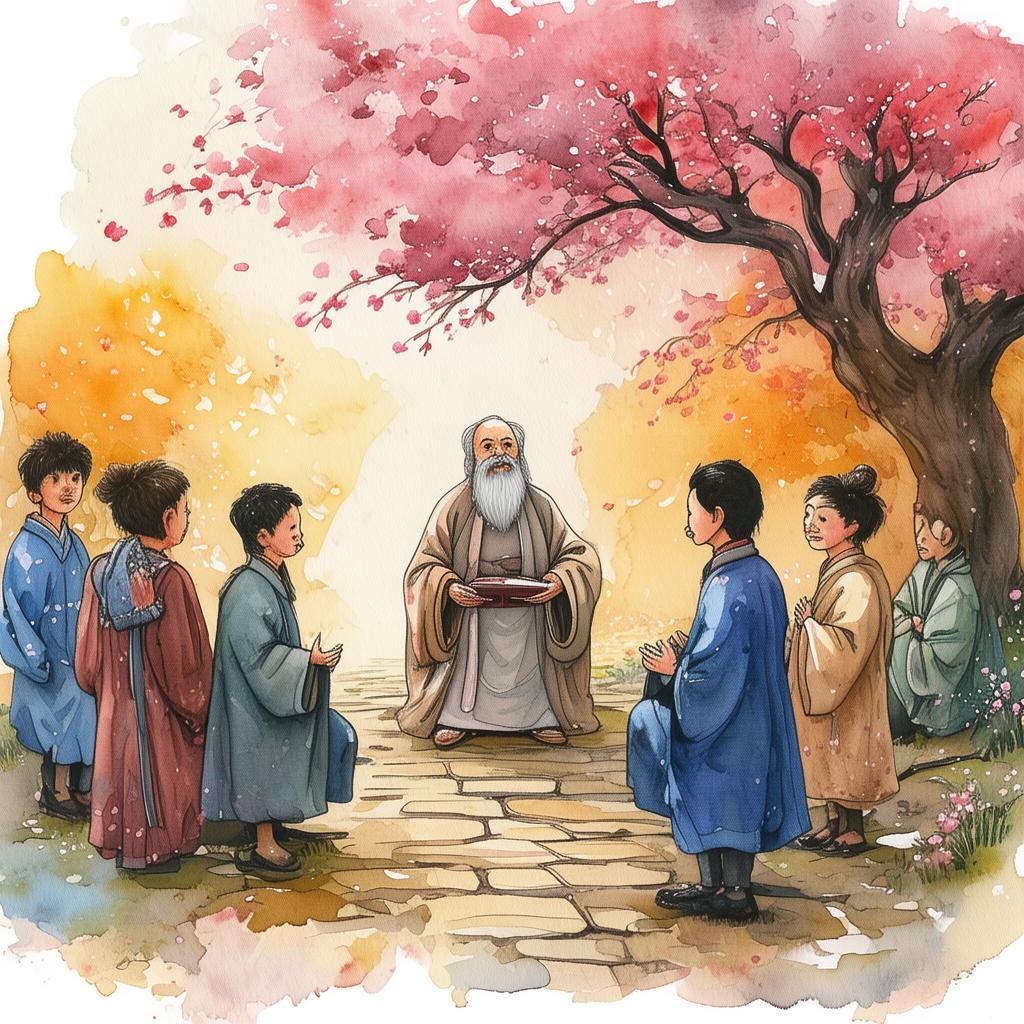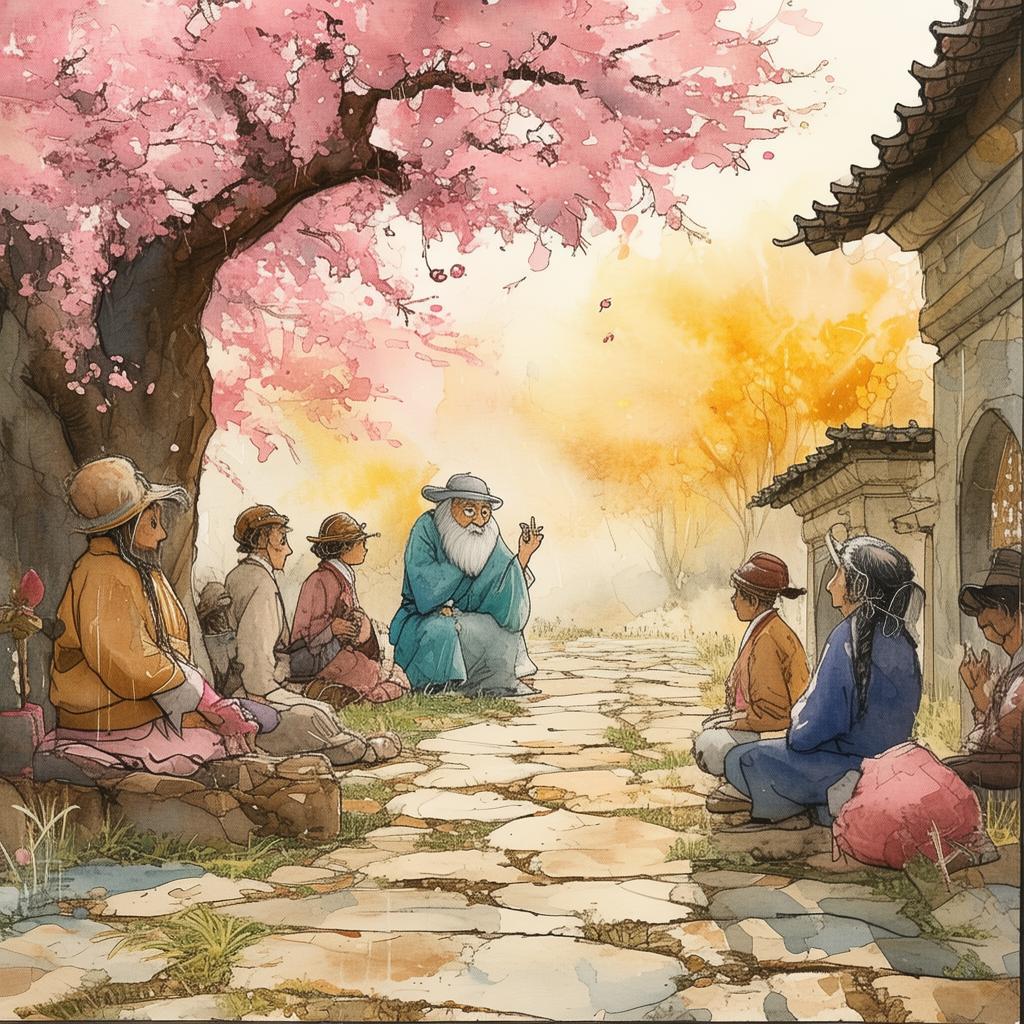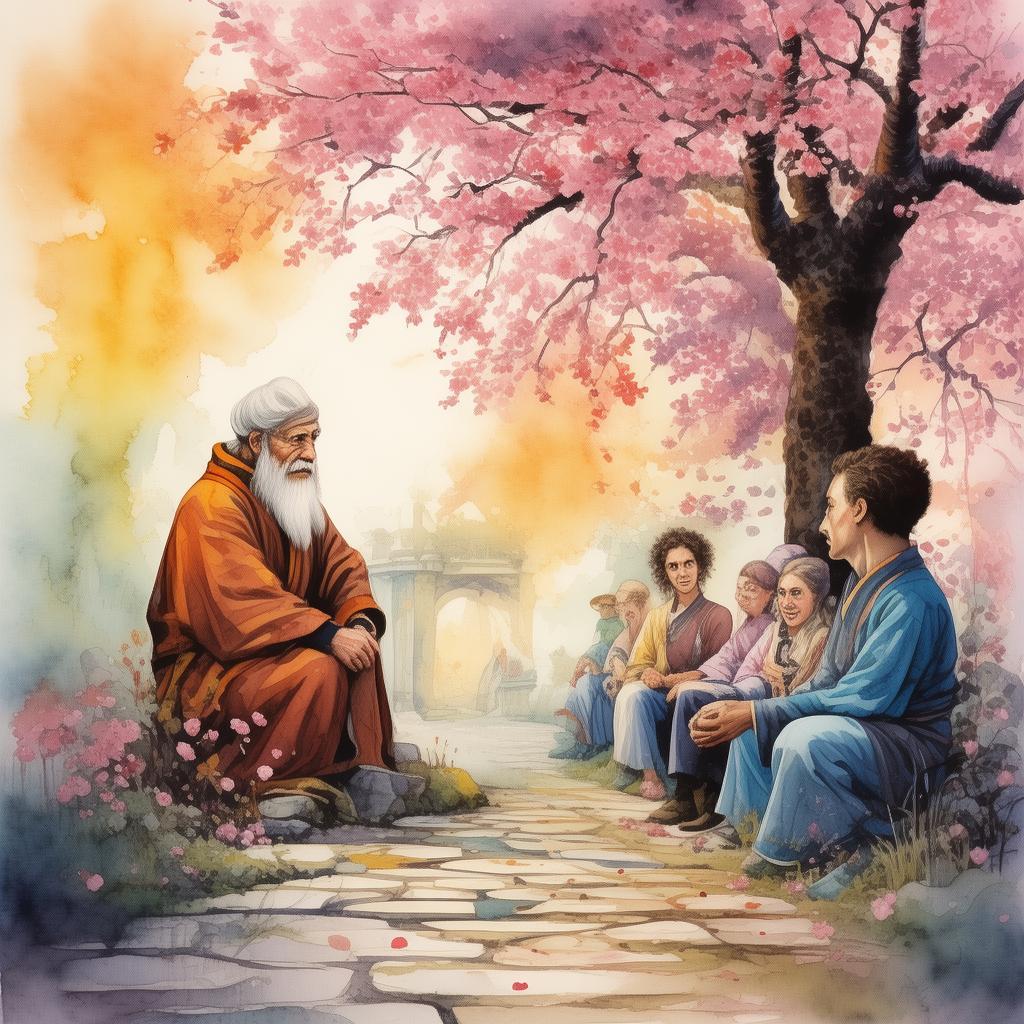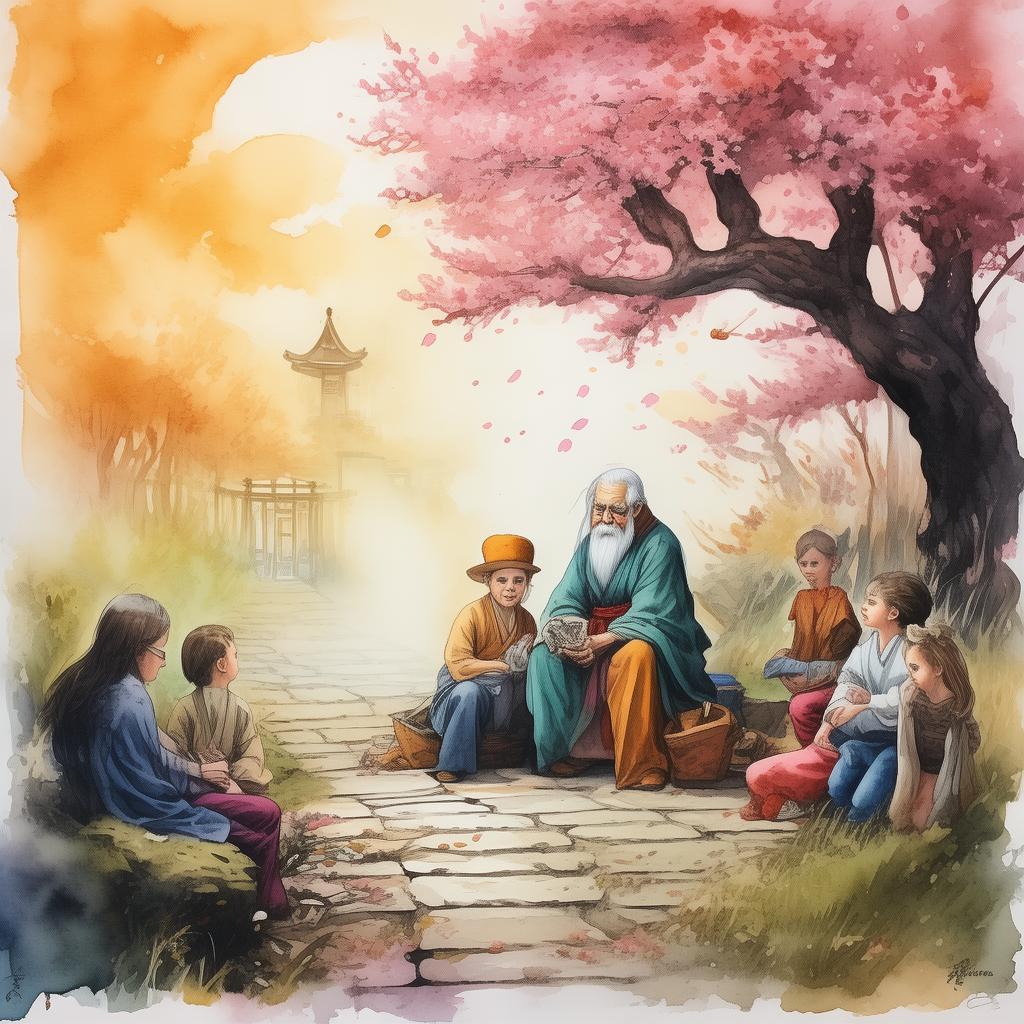The Silver Fox and the Golden Fox: Hunan's Political Intrigue
In the ancient court of Hunan, two foxes, each representing different political factions, engaged in a fierce struggle that would become a classic Chinese idiom story, revealing the斗争 of power and the contest of wisdom.
In the tranquil kingdom of Hunan, there lived a silver fox and a golden fox, both wise and cunning. They were not ordinary foxes; they were the embodiment of political intrigue and power games. The silver fox, with its sleek, silver fur, symbolized the old, conservative elite, while the golden fox, with its radiant, golden coat, represented the emerging, progressive forces.
The story began in the royal court, where the king, an elderly ruler, was on the verge of retirement. The throne was up for grabs, and the silver fox, with its deep roots in the court, was seen as the favorite to succeed the throne. The golden fox, however, was not to be outdone. It was rumored that the golden fox had the support of a powerful faction in the army and the common people, who were weary of the old regime's corruption.
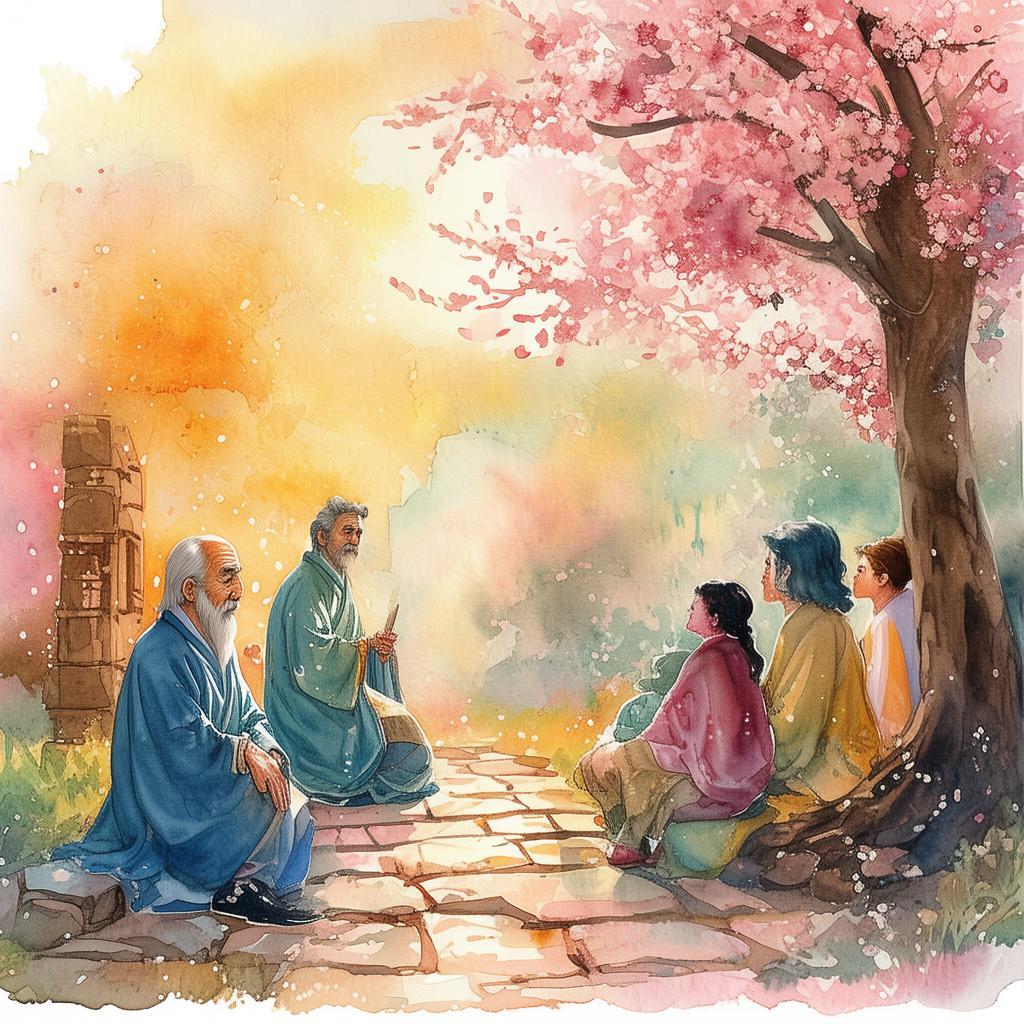
The silver fox, known as "Wu", was a master of subtlety. He knew that the throne was not his to take by force, but by cunning and manipulation. Wu employed his silver tongue to weave a web of deceit, sowing seeds of doubt among the king's closest advisors. He whispered tales of the golden fox's ambition and treachery, painting a picture of a dangerous and unpredictable foe.
The golden fox, known as "Jin", was not one to be underestimated. Known as "Jinshi," he was a scholar and a strategist, his wisdom as vast as his coat was golden. Jinshi knew that Wu's words were a thinly veiled threat, and he responded with a strategy of his own. He sought to win the hearts and minds of the common people, appealing to their desire for change and reform.
As the court's intrigue grew, Wu and Jinshi's battle of wits became the talk of the kingdom. The king, weary of the endless power plays, decided to test the two foxes' loyalty. He tasked them with a seemingly simple mission: to find a rare herb, the "Healing Heart," which was said to possess the power to cure any ailment.
Wu, with his silver fox cunning, decided to use this mission as an opportunity to eliminate Jinshi. He sent Jinshi on a treacherous journey to the mountains, where he knew the golden fox would be at his most vulnerable. Wu planned to have Jinshi captured and brought back to the court, where he would be exposed as a traitor.
Jinshi, however, was not so easily outwitted. He knew that Wu's plan was to isolate him and leave him defenseless. So, he devised a clever ruse. He claimed to have found the Healing Heart, but instead, he gave Wu a decoy. While Wu was celebrating his victory, Jinshi had actually made his way back to the court and gathered his supporters.
As Wu paraded the decoy Healing Heart before the king, Jinshi and his allies moved into action. They revealed Wu's treachery and exposed his plot to betray the king. The court was in an uproar, and the king, seeing through Wu's deceit, banished him from the kingdom.
With Wu gone, Jinshi's path to the throne seemed clear. But he knew that the fight for power was far from over. He had to consolidate his power, unite the kingdom, and implement his reforms. The golden fox had won the battle, but the war for the throne was far from over.
The story of the silver fox and the golden fox became a legend in Hunan. It was a tale of cunning versus wisdom, of power versus reform, and of the eternal struggle for control. The idiom that would come to be associated with their story was "狐假虎威" (hú jiǎ hǔ wēi), meaning "to use the power of others to intimidate others," a testament to the cunning and treachery that characterized their political intrigue.
In the end, it was the golden fox, Jinshi, who would emerge as the true ruler of Hunan. His wisdom and dedication to the people would bring about a new era of prosperity and peace. And the tale of the silver fox and the golden fox would be remembered as a cautionary tale, a reminder of the dangers of political intrigue and the importance of wisdom and integrity in the face of power.
✨ Original Statement ✨
All articles published on this website (including but not limited to text, images, videos, and other content) are original or authorized for reposting and are protected by relevant laws. Without the explicit written permission of this website, no individual or organization may copy, modify, repost, or use the content for commercial purposes.
If you need to quote or cooperate, please contact this site for authorization. We reserve the right to pursue legal responsibility for any unauthorized use.
Hereby declared.
